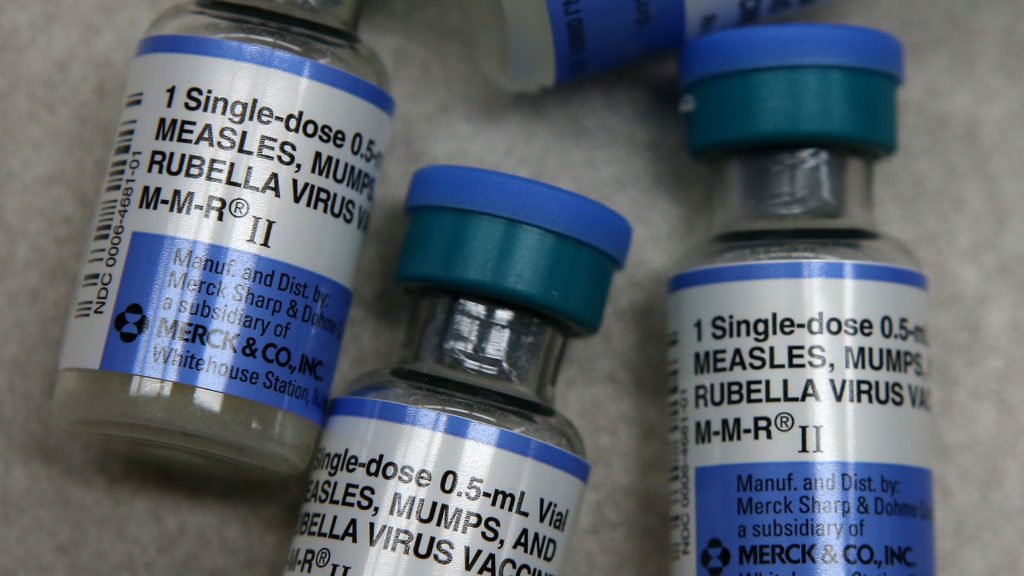Kindergarten Vaccination Rates Decline in the US as Exemption Rates Reach Record High
The latest federal data on kindergarten vaccination rates in the United States reveals a concerning trend. In 2024-25, the fraction of children with exemptions from vaccine requirements rose to an all-time high of 4.1%, up from 3.7% the previous year. This marks the third consecutive year of record-breaking exemption rates, with the majority of exemptions being due to non-medical reasons.
On the other hand, the percentage of kindergartners who received their required measles-mumps-rubella (MMR) shots decreased slightly to 92.5%, down from the previous year. Prior to the Covid-19 pandemic, the vaccination rate stood at 95%, a level that significantly reduces the risk of disease clusters or outbreaks.
The release of these vaccination numbers comes at a time when the US is grappling with its worst measles outbreak in over three decades, with more than 1,300 cases reported so far. Despite the alarming statistics, the Centers for Disease Control and Prevention (CDC) chose to quietly post the data online this year, with minimal commentary on the trends.
Public health officials emphasize the importance of vaccination coverage for kindergartners, as schools can serve as breeding grounds for infectious diseases and potential outbreaks in the community. Vaccination mandates for school attendance have historically maintained high vaccination rates, with all states and territories requiring children to be immunized against various diseases.
While medical exemptions for vaccinations have remained stable at around 0.2% over the past decade, the percentage of children with nonmedical exemptions has been on the rise. Factors influencing exemption rates include state policies regulating exemptions, as well as attitudes among families and healthcare providers regarding vaccination.
The surge in nonmedical exemptions has been attributed to factors such as online misinformation and vaccine hesitancy, exacerbated by the politicization of Covid-19 vaccines. According to the CDC data, states like Idaho reported a high percentage of kindergartners with exemptions, while Connecticut had fewer than 0.5% of children with exemptions.
In conclusion, vaccination remains the most effective way to protect children from serious diseases like measles and whooping cough. Parents are encouraged to consult with healthcare providers to make informed decisions about vaccinating their families. As vaccination rates continue to fluctuate, it is essential to prioritize immunization to safeguard public health and prevent the spread of preventable diseases.


